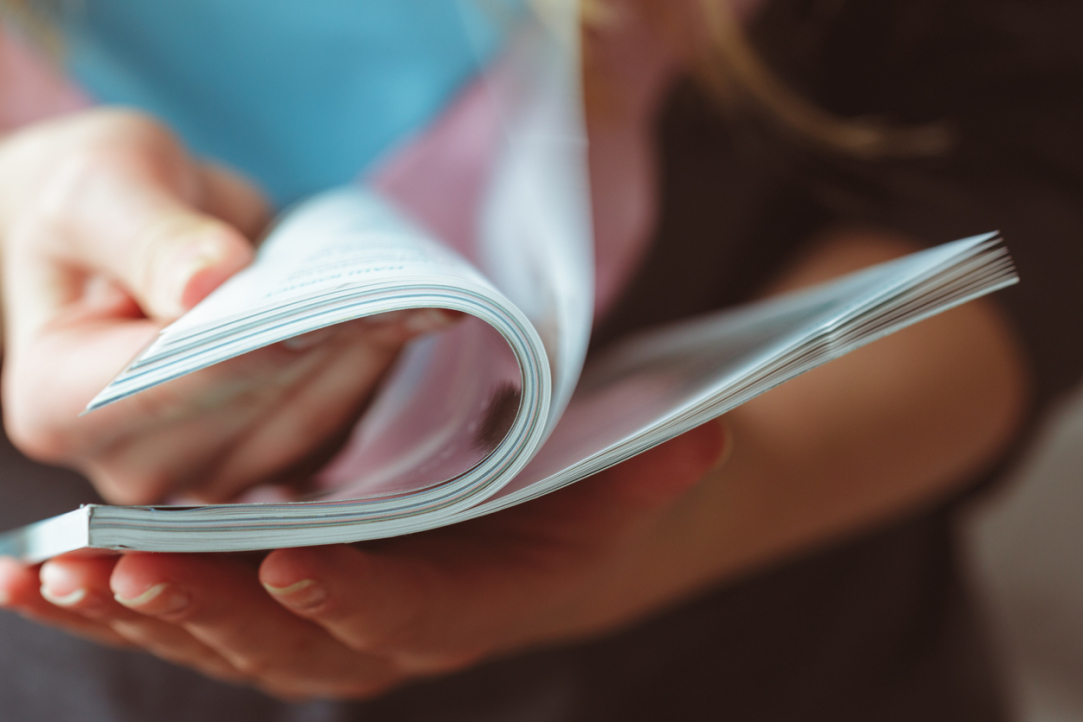
The New RSCI List Now Includes 887 Journals
The Russian Science Citation Index (RSCI) quality assessment and journal selection working group based on Web of Science has completed its updates to the RSCI list. The group particularly considered journals that submitted 219 initiative applications last year. The updated list includes 87 new journals, with 2 journals having been excluded.
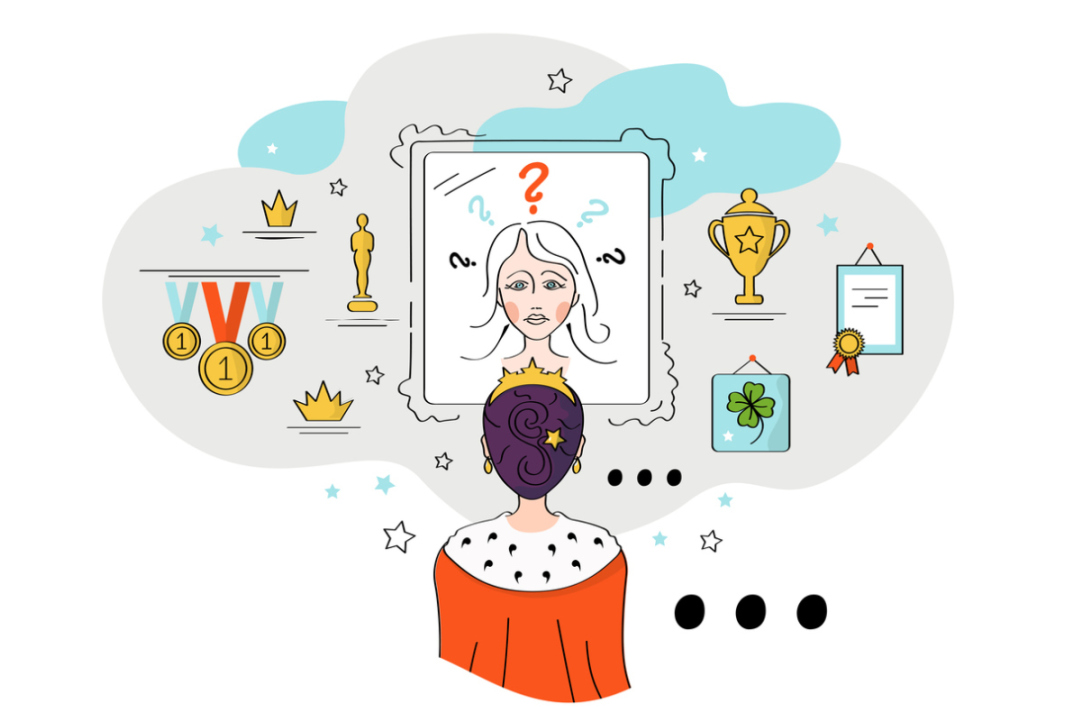
HSE University Succeeds in Measuring Impostor Syndrome
Very little attention has been paid to the impostor syndrome phenomenon in Russian scientific literature. Moreover, until now, no Russian-language methodology has been tested to measure the severity of impostor syndrome. This situation has been rectified by scientists from HSE University and the Russian Presidential Academy of National Economy and Public Administration (RANEPA).
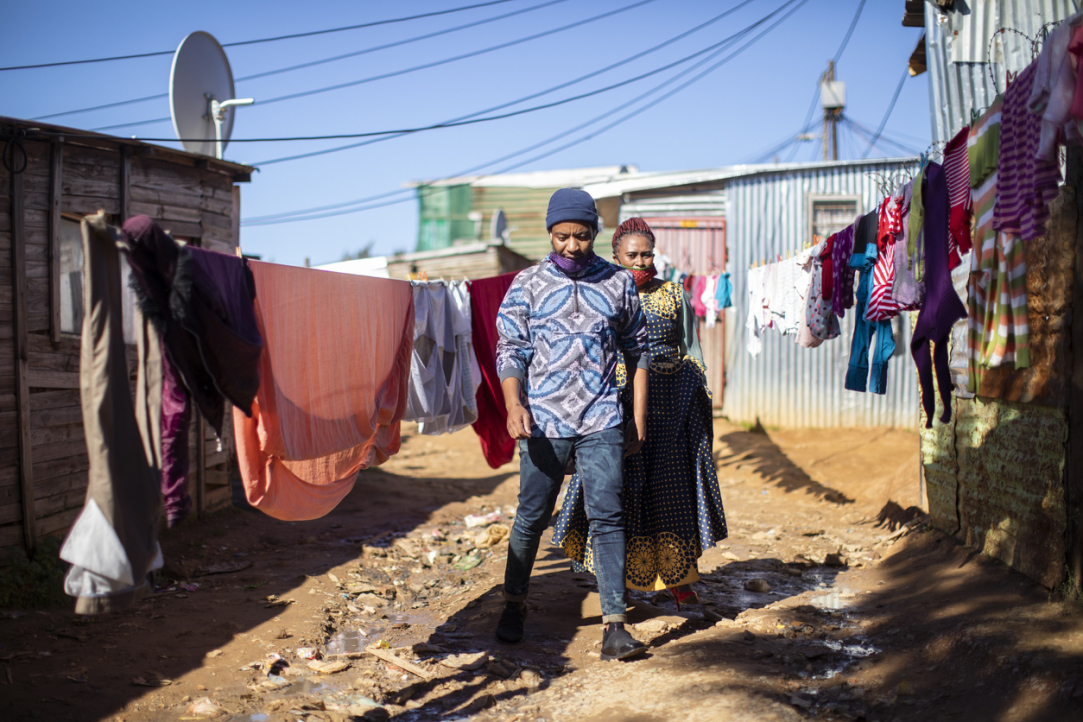
The Dignity Factor: What Social Policy Should Look Like in the New Era
Abhijit Banerjee, one of the 2019 Nobel Prize winners in economics, spoke at a seminar at HSE University and explained why people trust economic forecasts less than a weather forecast and what can be done to bring this trust back.
HSE Gets in on the Show: The Creative Present and the 'Fear of the Future'
The Telling Stories festival, organised by the Faculty of Communications, Media, and Design, has come to an end at HSE University. During two days, anyone could attend open lectures, discussions, master classes, performances, concerts, exhibitions, and screenings. Experts discussed the state of creative industries and tried to outline an image of the future by understanding the main challenges, prospects, and anxieties it presents.
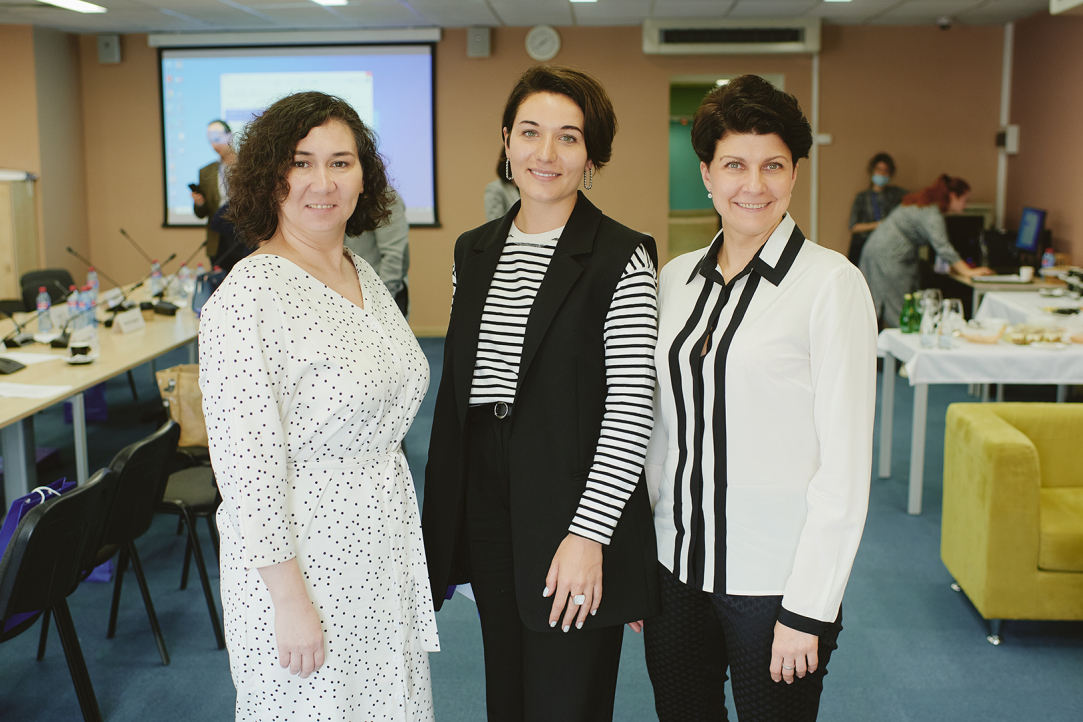
Career Development Centre Should Be at the Vanguard of a Successful University
On May 20, Valeria Kasamara, HSE Vice Rector, took part in a round table on the role of career development centres at Russian universities and students’ career trajectories. This event was part of the international conference on Education and World Cities that HSE University held in Saint Petersburg from May 19—21. The round table was attended by government officials from Saint Petersburg, employees of career development centres at leading Russian universities, and representatives of different industries.
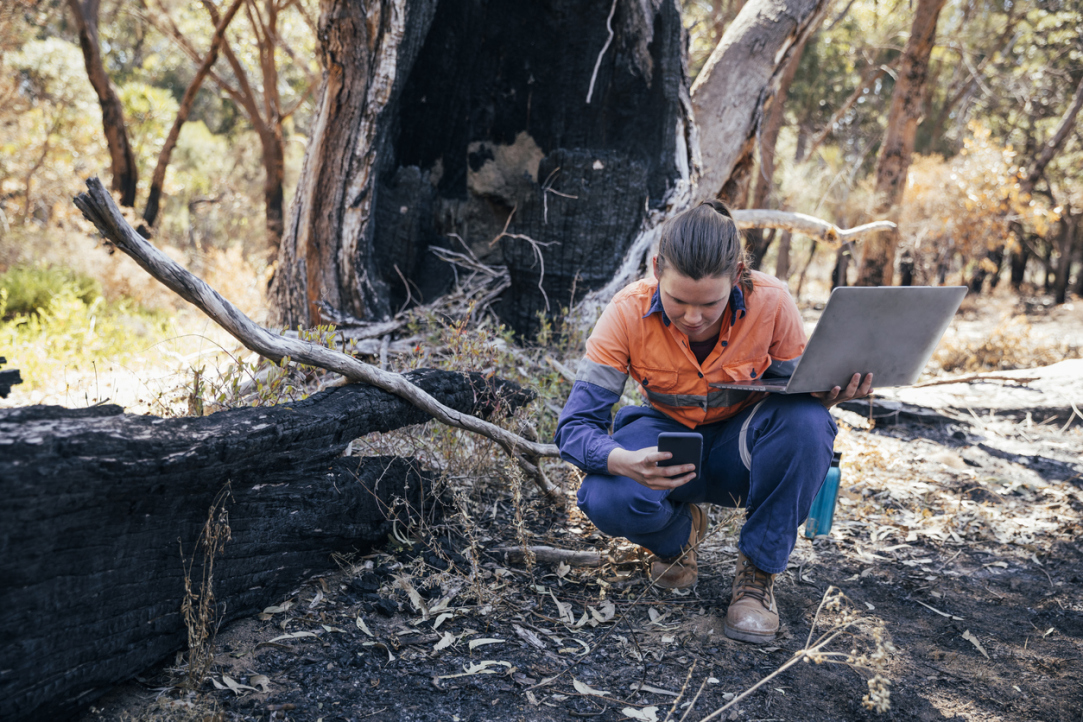
HSE University Students Win AMC Makeathon 2021
The AMC Makeathon is an annual makeathon from the American Center in Moscow (AMC). This year it was held online and focused on ecology, environmental literacy, and the green economy. First and second places went to student teams from HSE University. The News Service talked to representatives of the teams about the solutions they came up with.
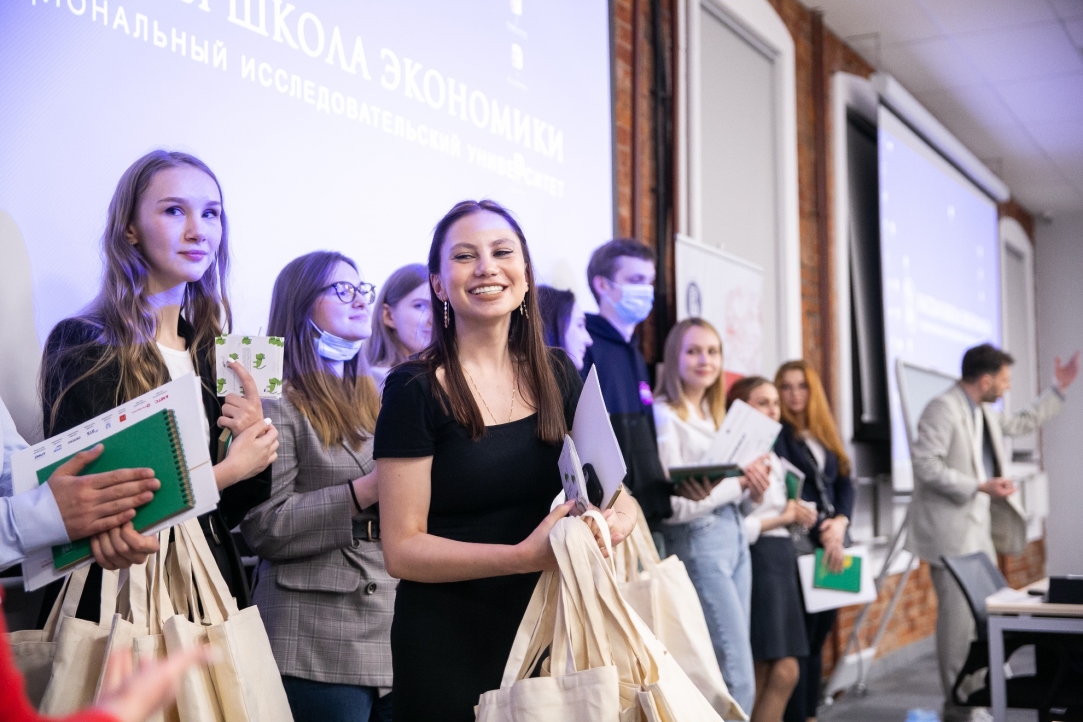
Supporting NGOs, Improving Financial Literacy, and Environmental Cartoons: Graduate School of Business Students Defend Their Marketing Projects
On May 20, first-year master’s students in the Marketing: Digital Technologies and Marketing Communications programme defended their projects. The event was the final stage of the first joint project between Effie Russia and theHSE Graduate School of Business (GSB). The students tackled cases involving social and environmental problems.

What Are the Chances Online Education Will Help You Successfully Change Careers? HSE Researchers Measure the Effectiveness of Yandex.Practicum
Experts from the Institute of Education of HSE University examined the effectiveness of five courses of one of the largest Russian online education services, Yandex.Practicum. The study showed that 71.1% of graduates found employment, and more than half of them became employed within two months after graduation.
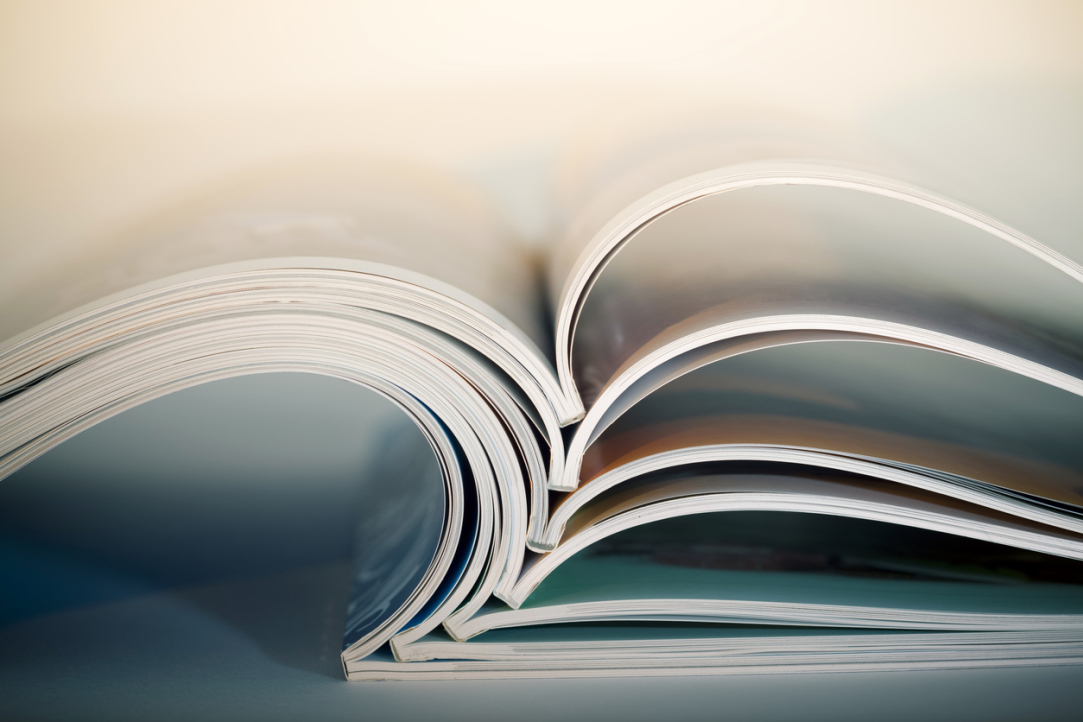
Educational Studies Journal Enters Scopus Q1
Educational Studies, an academic journal founded by HSE University in 2004, has become the first Russian journal to enter the first quartile in Education in Scopus. This success relies on high requirements and thorough selection of publications, when the editorial board tries to select not just good papers, but particularly innovative studies.
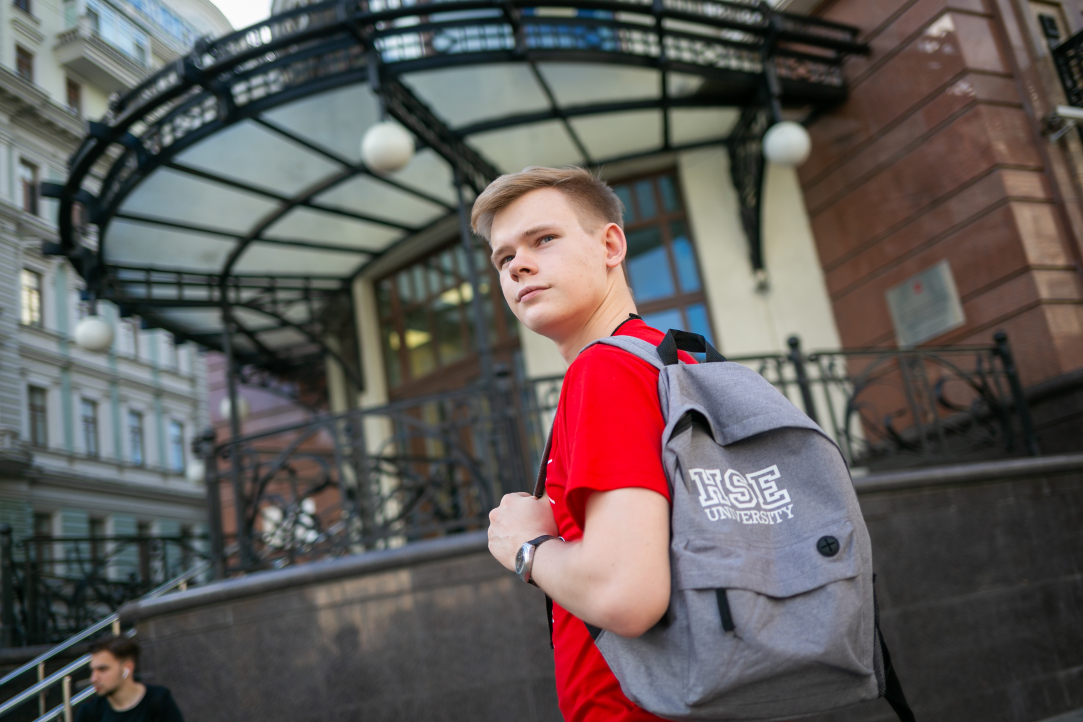
Last Call: International Applicants Can Still Apply for HSE University Scholarships
If you are an international applicant, you still have time to apply for scholarships from HSE University. The full-tuition scholarships are awarded annually in May. This year, the Scholarship Committee will meet for the last time on May 27, 2021 to determine who receives full and partial scholarships.


Deadline for applications to present academic reports - January 20, 2025